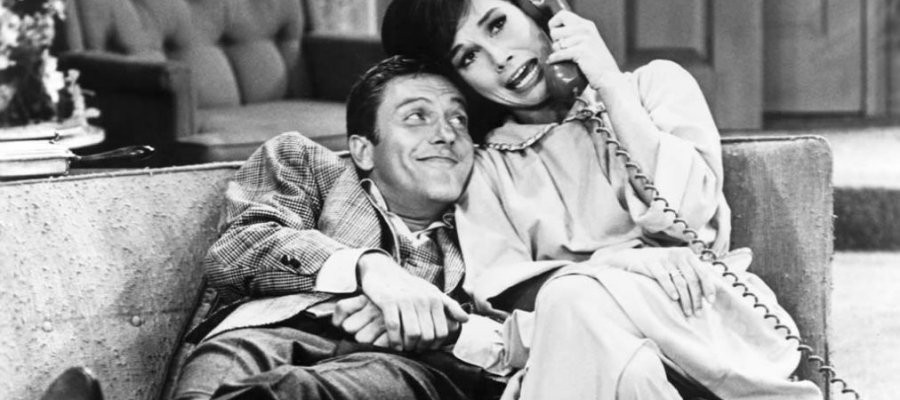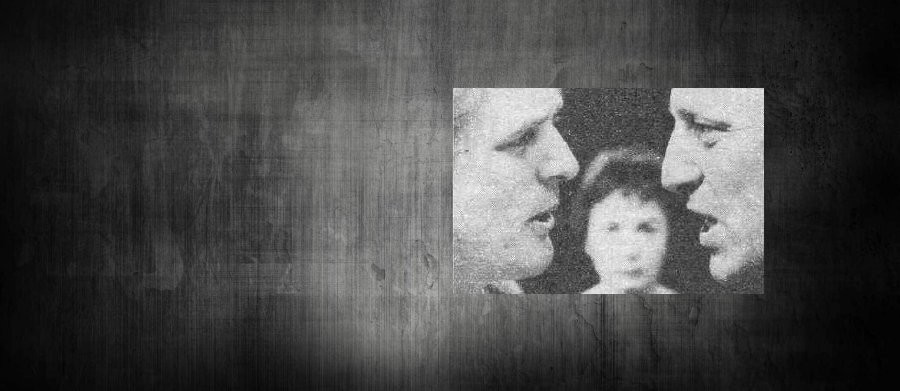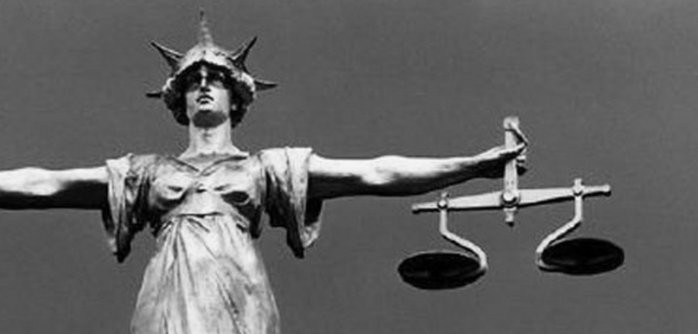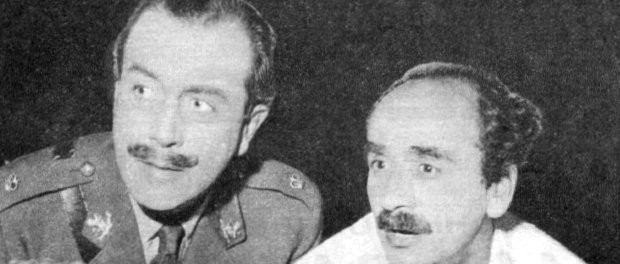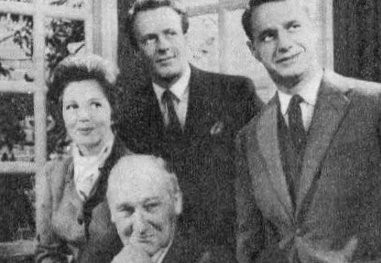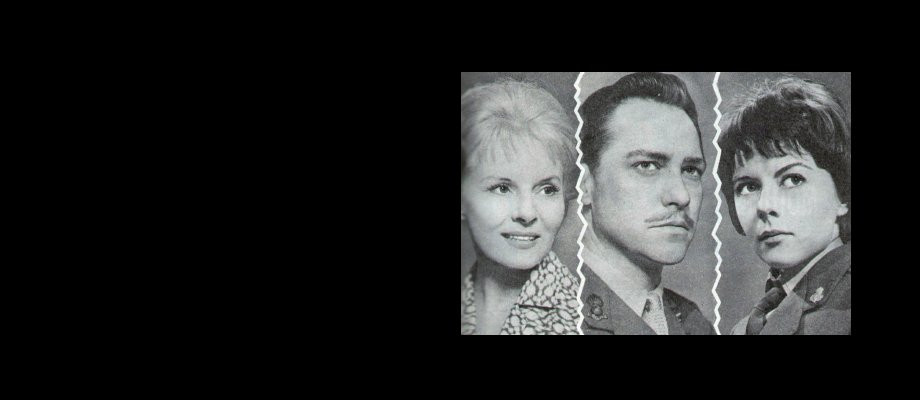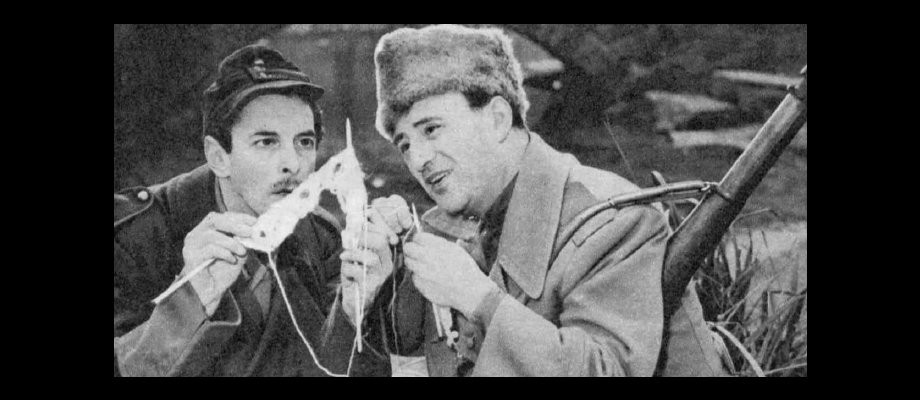
Ghost Squad / GS5
1961 - United KingdomAn elite division of Scotland Yard, the Ghost Squad was set up to investigate and infiltrate spy rings, underworld gangs or anything else that came outside the duties of regular policing.
Although the plots and characters in the series were fictional, such a squad did exist. The original 'Ghost Squad' had its origin in one of the Divisions of London's Metropolitan Police. The aim of this new branch was to arrange for the infiltration of a small group of handpicked detectives, breaking from their normal duties to go underground, integrating with all branches of crime and rubbing shoulders with the criminals who frequented the capital city, in order to pass information on to Scotland Yard. As a result of this undercover operation the authorities had the means to get inside information on planned crimes or discover the movements of wanted criminals.
Retired senior police officers Jack Capstick and John Gosling were both members of this elite squad and it was to Gosling's book on "The Ghost Squad" that ATV turned for inspiration for the series. But where Capstick and Gosling and the rest of the early squad operators lived and worked mainly within the square mile of London's Soho area, the TV series was given an international flavour, covering the four corners of the globe. In order to make the series desirable for overseas sales, 6ft 4in. US actor Michael Quinn was brought in as squad operator Nick Craig, a master of disguise.
Series producer Anthony Kearey cast another "unknown" in the form of Neil Hallett as the other main squad operator, Tony Miller. Anthony Marlowe played the part of the squad's chief, Geoffrey Stock, a bad tempered, unreasonable and inconsiderate character whose job it was to hand out the assignments and report back to the "faceless" ministers to whom he was directly answerable. Playing the part of Stock's harassed Scots secretary was Claire Nielson as Jean "Porridge" Carter.
Cases which the Ghost Squad were asked to handle sent Craig and Miller to most of the capital cities of Europe and also the Middle East oil centres, where they were caught up with drug-pedlars, counter agents and white-slave traffickers. The hazards that the squad had to deal with were highlighted at the end of the second season when Craig was killed by a bomb. When the show returned he had been replaced by Australian actor Ray Barrett, (who had previously appeared in Emergency-Ward 10 and later went on to supply voices for Gerry Anderson's Thunderbirds), as the less aggressive character of Peter Clarke, who employed more methodical methods of detection. The series was also re-titled GS5.
Seen this show? How do you rate it?
Seen this show? How do you rate it?
Published on December 19th, 2018. Written by Laurence Marcus for Television Heaven.


